My dear Gentle Entities, and those who are mourning our communal loss.
If you are not familiar with Sheldon Menery, he was a gentleman of our community who shares the honor of having shaped the Judges Program, and one of the foundational individuals responsible for sharing the Elder Dragon Highlander format with the wider community until it became one of the primary casual formats played by Magic the Gathering enthusiasts. Sheldon journeyed forward and left this mortal coil in early September. As the community absorbed his loss his family advised that a public memorial would be announced for a future date. That information is now available.
We are pleased to share the Cancer Research Charity Stream funding the Moffitt Cancer Center, (@MoffittNews) as per the family wishes. This memorial fundraising stream held in Sheldon’s Honor will be held on November 18 and 19th from 12PM to 12 AM EST on both dates.
The stream will be on the @mtgcommander stream from 12PM-12AM EST both days.
For further information or updates we recommend following @QueenoCarboard, who announced the event on X(formerly Twitter), and here at Hipsters we will update you as we learn more in case that platform is unavailable to you.
You may also check on the Rules Committee Twitch channel as we get closer to the date here: Rules Committee Channel.
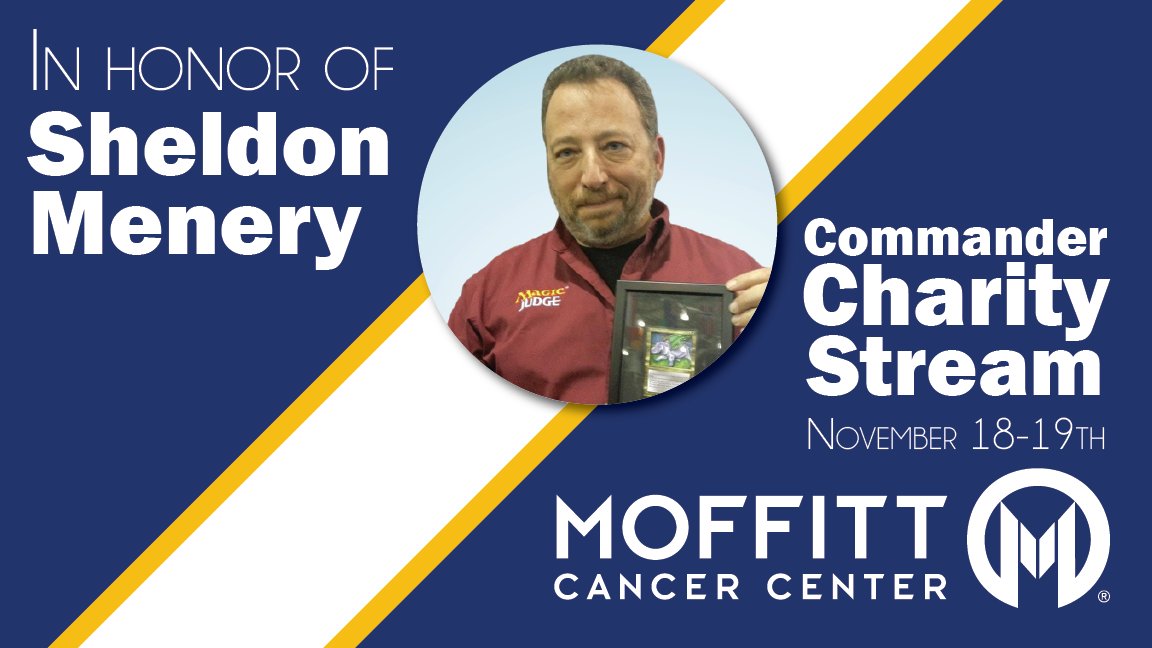
With this announcement, we beg your indulgence at this time. Today’s column will take a slightly different tack to discuss the difference between memorial events and mourning etiquette as they are very different social environments. Being confident about the expectations and manners of one does not necessarily translate into knowledge of being mannerly and considerate in the other. Different participants will inhabit these different spaces. There is also an issue of time. We will be exploring what it means to attend a memorial service when the loss of the individual of honor is so fresh, and the organizers are within the personal circle of the honoree.
We will be answering some conversational questions that apply to ANY memorial service not specifically fandom, gaming, or Sheldon Menery’s. The two most frequent concerns for those outside of friends and family are:
- What are appropriate sentiments when you did not directly know a person but feel the loss of someone who helped shape your everyday activities?
- How do you offer condolences when you feel you might not have agreed with everything the memorialized individual did or believed, but you still want to support the cause or honor their memory?
We shall attempt to provide a universal baseline that you may use to support survivors and navigate one’s own impulses to offer sympathy while grieving themselves.
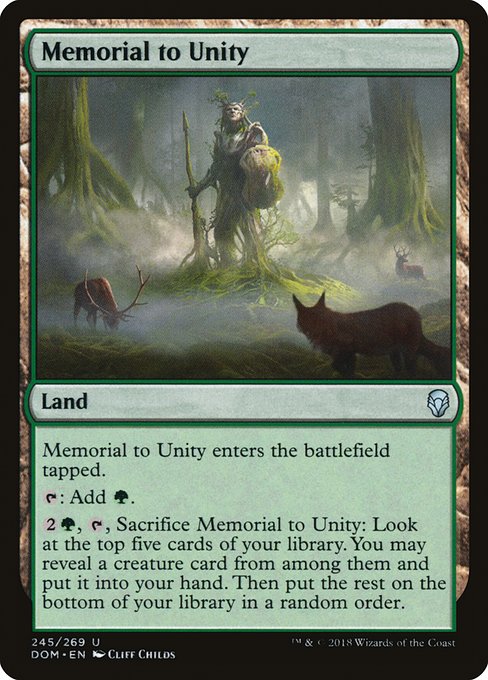
As this is our thirty-sixth column, we at Mizz Mizzet’s School for Complicated Lifeforms would like to remind you that we answer between 1-3 letters from our interrogative entities across the multiverse each week.
If you missed our initial column, you may peruse it at your leisure at this location.
Content Warnings
Mizz Mizzet’s Guide to Magical Manners is pleased to provide Content Warnings, given that solving bad behavior often means describing bad behavior. Today’s column will be discussing death, disability, mourning rituals and family dysfunction
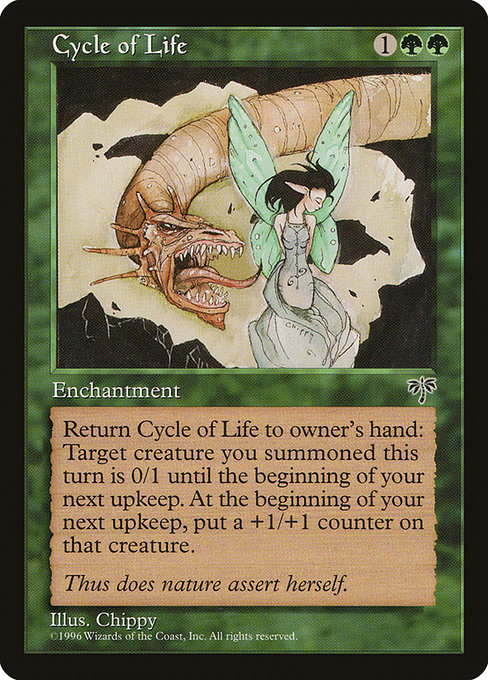
A memorial event is not the same as a memorial service or a funeral, so we shall start by identifying how the expectations differ.
In the direct aftermath of loss, the desire to connect, offer support, or acknowledge the intense milestone a bereaved individual is undergoing is very natural. However there are as many concepts of what exactly occurred during the process of death and dying as there are cultures and individuals. In the immediacy of someone’s loss, there are two appropriate ways to approach condolences:
– the most neutral of statements if you do not share the same cultural context as the deceased or the bereaved.
– a statement that is ritually uttered by the culture of the individual who has passed.
In a multiplanar, multicultural world, the things that feel “natural” to you may not translate well to the bereaved if they do not share the same concepts of soul or life or afterlife. Thus a neutral statement allows you to recognize the mourner, allowing them to respond in a way that lets them set the tone for your further communication. The immediate period of loss is not the time to center your own rituals or belief systems, though if you wish for your own mourning process you may perform those rituals for your own mourning process.
All funeral and mourning rituals exist for the benefit of living. Even in planes such as Innistrad, or my own home plane of Ravnica, where the transition from living to nonliving is clearly not the end of the journey; condolences, (which are sympathetic acknowledgements of loss) are extended to those that survive in order to offer them strength and comfort. That these rituals are communal and public allows a surviving loved one the opportunity to lean upon their community for shared support.
Here on the plane where Hipsters of the Coast is based, the most appropriate thing to share if suddenly informed of someone’s passing is “I’m so sorry for your loss”. This sentiment puts the focus directly on the mourner without having to concern yourself with any other details. It is always something that may be said with one’s full self. There are no cultures that would find it anathema to acknowledge a survivor has lost a member of one’s family or community. It is also not time dependent, it can be said immediately or upon finding out several years later if you were unaware.
If one is looking to comfort a mourner specifically with respect to the beliefs or practices of the decedent, it is appropriate to do a quick bit of research beforehand to find the appropriate communal expression of condolences. Some cultures do not have an afterlife, some cultures have a reincarnation cycle, some have a system of shriving the soul to prepare it for a future unknown to the mortal plane.
It is best not to guess. There are two points to research if you would like to take this step. You should see if the person who has left us had their own specific set of beliefs that should be honored, and you should check to see if the mourners are practicing a specific set of cultural rituals that you will need to honor if you are attending.
If you are invited to a funeral or memorial service it is appropriate to make a quick call to the funeral coordinator to ask for the appropriate way to participate in condolences. Do not ask immediate family members as they are busy. Most clergy are aware of interfaith practices through their own work so if you have your own cleric or druid they can advise you of what to say, donate or bring during mourning rituals, funerals, and mourning services.
What should I do if I find out the mourners are doing something different than the belief system of the deceased?
If you discover conflicting behavior or beliefs between an entity and their surviving mourning group, you have stumbled upon a deep rift and if you are not a member of either close friends or family circles it is best to remain outside the conflict offering the most neutral of condolences. You must trust those involved to champion the priorities of the living and the dead. Also it is important to note that sometimes research doesn’t tell a complete story. Many offspring or spouses might make arrangements to please parents or partners as a method of comforting them.
Do I have to be dishonest in order to be polite at a funeral or memorial service?
It is ALWAYS rude to be the one to bring up any unpleasant actions, crimes or political acts *to the family and friends of the deceased.* If the unpleasantness is not something that involves those mourning can be said to non mourners anywhere such things are necessary without having to be rude at the service.
This is not the same as “speak no ill of the dead” ; some folk have created harm.
It is “do not speak ill of the dead to someone who loved them in their own house”.
Doing so is not justice, it is simply mean. It does not educate. It does not “pay back” prior harm or balance any scales. Any correction of public record can most likely wait until the traditional mourning period is over to be dealt with if it involves the family and friends.
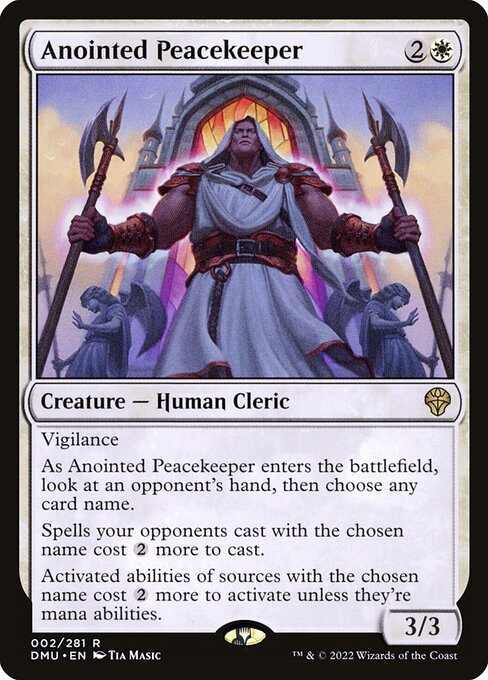
If you are the type of person who cannot find it in your heart to shade the truth at any point in time; perhaps you have taken a vow, have a curse, refuse to learn other cultural mores… I suggest the following expression of condolence I have heard Hipster’s own Adrienne Reynolds use publicly for morally complex decedants;
“May the good they have done, outlive the harm they have caused”
It is also quite polite not to mention the person at all. Simply focus on the mourner. “Please let me know if you need anything, you will be in my thoughts” allows you to be supportive without addressing or assuming anything about the mourners relationship with the recently passed, and your personal sense of honor will not be impugned.
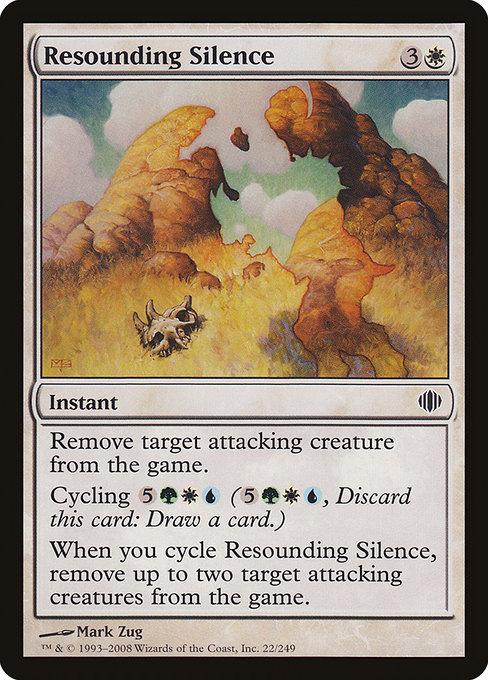
This covers the baseline of immediate mourning etiquette, but what is the correct etiquette for a memorial * event * and why is it not just another memorial service?
A memorial event is not the same as a memorial service. Generally a Memorial Event is organized for the general public to allow the memory of the honoree to further their goals or causes that touched them during their life. Unlike a memorial service, mourning is not the primary goal of an event, however reflections and respects will often be part of the itinerary.
Some faith traditions, without a core afterlife construct, or with an afterlife requiring the memory of a loved one to stay in the consciousness of the living, may work to ensure there is an ongoing use of their honorees name.
A yearly fundraising event can become as significant as any other physical memorial marker for such a community, which is why when participating in an event, rather than a service you might not expect to need condolence etiquette, but without acknowledging it you might unintentionally be rude to a mourner or the memory of the honoree.
Memorial events frequently do not happen until well after most traditional mourning periods are over. They require all of the same organizational needs as any similar event, for example an art show, or a golf tournament, or a fundraising gala for a museum. Sometimes they become annual communal multicultural events. member. This is why specific memorial etiquette is required, to balance the dualities of a memorial event.
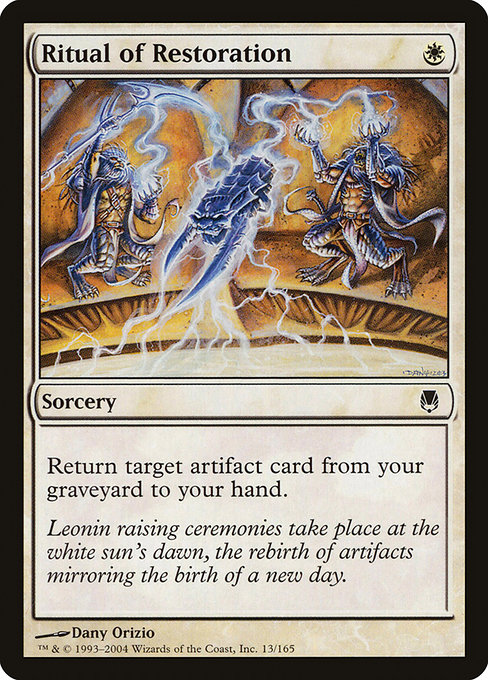
Things to be aware of at a Memorial Event:
When attending an event that is labeled “Memorial” the most important rule of etiquette is to remember that regardless of your personal reasons for attending you do not know the reasons for anyone else. You may be interacting with a direct friend, business contact, loved one, family member who is there because they directly know the person being honored. Those folk may have lifelong involvement supporting the cause/community/charity – it is best to treat everyone as though they knew the person being honored even if their passage was eons in the past.
Is it acceptable to go to a memorial event if I didn’t know the honoree?
Absolutely. In fact your participation would be the end goal of such an event. You will be a new person supporting things that matter to the mourners and growing the impact of honoree’s life work! New people participating and helping grow an event is a marvelous gift to the organizers. However it does not excuse you from basic manners around the bereaved.
If you are arriving because it is an opportunity to participate in an event but you are not connected to the person being honored:
– treat the event as though you are being hosted by the family,
– it is rude to arrive and not contribute
– contributions can include:
- volunteering,
- providing necessary (requested) donations of services or goods,
- or making a specific monetary donation in honor of the individual of the memorial being held.
Do I need to say anything to anyone about the person being honored if I’m just there for the event and don’t know anything other than their work?
No. Memorial events are frequently held well after the traditional mourning periods ended. If you do not have something nice to say about the decedent, silence is acceptable. If your opinions of their work are conditional, silence is preferable to explaining that disagreement anywhere on the grounds of that event where it might be overheard by a family member or other loved one at the event. It can be expressed in other places.
If you did not see any of the mourners in person prior to the event, but are aware of who they are; or if you are introduced to them: it is appropriate to offer short condolences along the lines of “I’m so sorry for your loss, they would be so pleased with what you’ve created here.”
Are there any special rules about competing at a memorial tournament”
Many event based memorials are designed in the vein of a “celebration of life.” This means the event will engage in an activity the dearly departed was particularly fond of. While good sportsmanship is always a requirement of competition, you might be participating because of the challenge, title or reward provided by the event. Competition can bring out heightened emotion during the games! Therefore even if the event is a contest, remember to treat it as though you have been invited into the honoree’s family home, this will help keep your manners appropriate without having to remember extra social rules.
The goal of any guest is to make sure your behavior does not bring conflict to your hosts.
Does any of this advice change over time?
The inaugural event will often be the first time members of the public, or the wider culture might be together to share mourning the loss of a leader or beloved community. If the event becomes perhaps a yearly memorial or a township institution such as “The Charlotte Cooper Tennis Championship” and it has existed for 50 years, focus will be less on the memory of C. Cooper, but still possibly involve her grandchildren being present or participating in the events. The rules of condolence would not be applicable, however it would still be inappropriate to say that Muriel Robb would have won if they were not rained out in 1902.
What if I did not know the honoree very well but the friends and family are asking us to share stories. Should I? I almost feel like I do not have the right to mourn.
One does not have to have known someone personally or well to be deeply affected by their loss. Every entity has a right to that grief. Not every connection or impact is about direct contact. And if you are invited to share the stories of those who have fallen; sometimes it is the smallest stories that bring the biggest sense of comfort to those left behind. Small glimpses of their loved ones in spaces they did not get to see, and new information or stories or friends can become extremely important for mourners. In coming years when the memory of their beloved is focused more on remembering joy than surviving loss; these small stories will be new to them. They may become treasured, a little sliver of new discovery.
The same way the honoree may have touched your life without their direct participation you may be able to affect those honoring him by sharing his impact without your direct participation. It helps add to the mosaic of the honorees life and you will never be incorrect or overstepping for sharing a positive impact to be part of another’s memory.
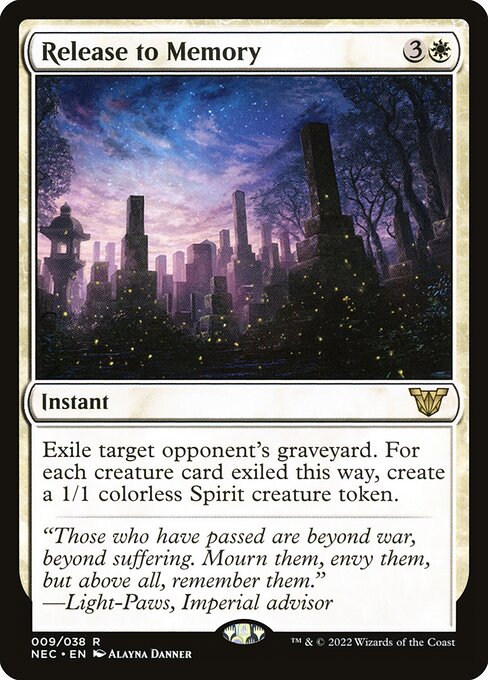
May you share the joy of being in a place where those who were loved can share that power forward. May your participation strengthen foundations for the future and honor the past.
MM
Thank you to Adrienne Reynolds, for her interplanar transcription services.
Mizz Mizzet Portrait by Andres Garcia
Delightful Readers, Please Submit Your Questions to Mizz Mizzet.
You may submit your questions to Mizz Mizzet using this form.
New Mizz Mizzet columns are posted every Wednesday right here as well as in Hipsters of the Coast‘s weekly email newsletter. You are also encouraged to follow her at @MizzMizzet on Twitter.
Any questions answered publicly will be made anonymous, and noms de plume will be created to represent any parties mentioned.
Born a perfect dragon in an imperfect multiverse, Mizz Mizzet (she/her) is the pioneer broodmother of today’s multiplanar civility movement. She is now working to persuade Planeswalkers to participate in it.
Her tireless efforts to expand the understanding and exercise of etiquette beyond the stereotypical terror of too many pieces of silverware, and whether to use poisons or explosives at celebratory conquest dinners, have not escaped official notice.
She specializes as a consultant in seating arrangements for inter and intra planar political events as long as contracts include the option to eat the rude.
Out of respect for her relative’s delicate sensibilities regarding draconic rank, she does not reside on the plane of Ravnica.

